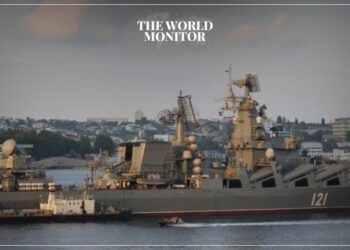The Kuwait Red Crescent Society announced the departure of the ninth flight from the Kuwaiti air bridge from Abdullah Al-Mubarak Air Base to Port Sudan Airport, carrying 30 tons of food and medical supplies to support and aid the displaced in Sudan due to ongoing conflicts and the rains and floods there.
Yousef Al-Ma’raj, the Administrative Director at the society, stated today, Sunday, that Kuwait will continue the relief bridge to Sudan, adhering to its humanitarian approach and its efforts to relieve those in need and affected by natural disasters and wars. He affirmed that this humanitarian direction is in execution of the Kuwaiti political leadership’s directives to aid the affected around the world, embodying the Kuwaiti people’s solidarity with their brethren in Sudan and their commitment to contribute to alleviating their suffering.
Al-Ma’raj mentioned that this flight includes relief, food, and medical supplies, as well as wheelchairs to assist medical staff and ambulance teams in treating the injured, sick, and displaced. He pointed out that the situation requires providing more aid and shelter to mitigate the catastrophic effects resulting from the humanitarian crisis there.
Since the beginning of the conflict in Sudan in April 2023, Kuwait has played a significant role in providing humanitarian assistance to the country. The Kuwait Red Crescent Society (KRCS) has been actively involved, delivering essential aid through an airlift that has included multiple shipments, such as fully-equipped ambulances to support rescue operations in regions affected by both the conflict and severe flooding.
As part of these efforts, Kuwait has launched several aid missions, with at least seven planes filled with humanitarian supplies arriving in Sudan by August 2024. This ongoing support is part of Kuwait’s broader commitment to humanitarian causes in the region. Additionally, Kuwait contributed nearly $1 million to UNICEF in 2023 to support emergency relief efforts specifically targeted at children and their families in Sudan. These funds have been critical in sustaining health and nutrition services amidst the ongoing crisis.






